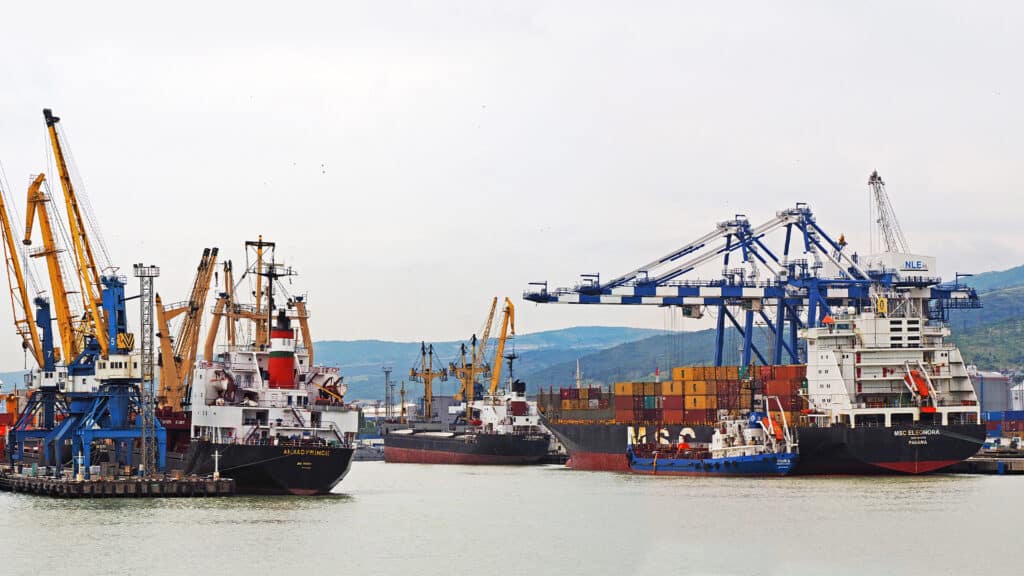Russia approves transit of Kazakhstani products through its ports after negotiations

According to Prime Minister Olzhas Bektenov, Russia has given its consent for shipping 16,000 tons of lentils through the Port of Novorossiysk to deliver the product to foreign purchasers. This decision followed negotiations between Kazakhstan and Russia, the prime minister said in response to an inquiry from Kazakhstani MPs.
In mid-October, the Federal Service for Veterinary and Phytosanitary Supervision of Russia (Rosselkhoznadzor) banned Kazakhstani wheat, lentils, flax seeds and melons from entering Russia, as well as tomatoes and peppers from third-party countries. At the time, Russia claimed that Kazakhstan violated phytosanitary rules, allowing quarantinable products to enter Russia.
In early November, MPs from the Amanat and Respublica parties asked the prime minister to comment on the situation regarding the Russian ban on Kazakhstani exports. The MPs highlighted that Kazakhstani exporters were losing money due to the need to send their products back and pay fees for breaching contract deadlines. The MPs proposed imposing retaliatory restrictions on some Russian imports and even initiating litigation in the court of the Eurasian Economic Union (EEU).
According to Bektenov, after the ban by Russia, Kazakhstan’s Ministry of Agriculture sent a letter to Rosselkhoznadzor suggesting a bilateral meeting, which took place on Nov. 1. After the negotiations that day, Russia agreed to allow the transit of 16,000 tons of lentils through the Port of Novorossiysk. The two sides also agreed to take samples of the product for analysis in a lab at the Sea Port of Yeysk.
Commenting on the MPs’ proposal to ban the import of Russian products, Bektenov said that Kazakhstan had already imposed a ban on wheat imports from EEU member states, including Russia, until the end of the year. The prime minister noted that this move had restricted the re-export of Russian grain to Uzbekistan and China.
«Moreover, we have raised the tariff for transit shipments for EEU member states. For instance, the tariff for exporting Russian grain to Kyrgyzstan through Kazakhstan has doubled,» Bektenov said.
He also emphasized that Kazakhstani importers may appeal to the EEU Court to challenge Rosselkhoznadzor’s actions under Russian law. Furthermore, Kazakhstani companies can sign insurance agreements with an export credit agency to hedge against potential losses.

